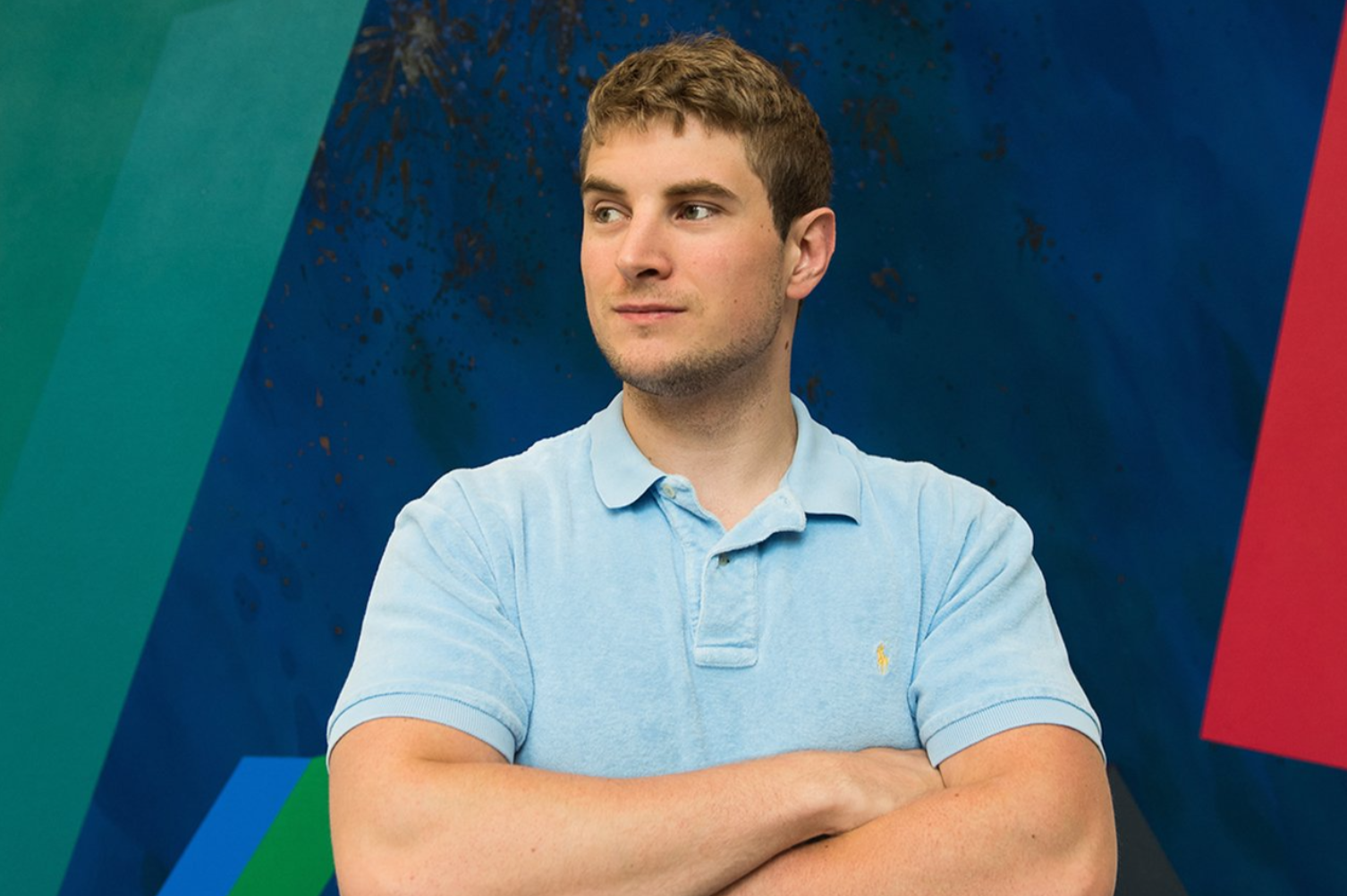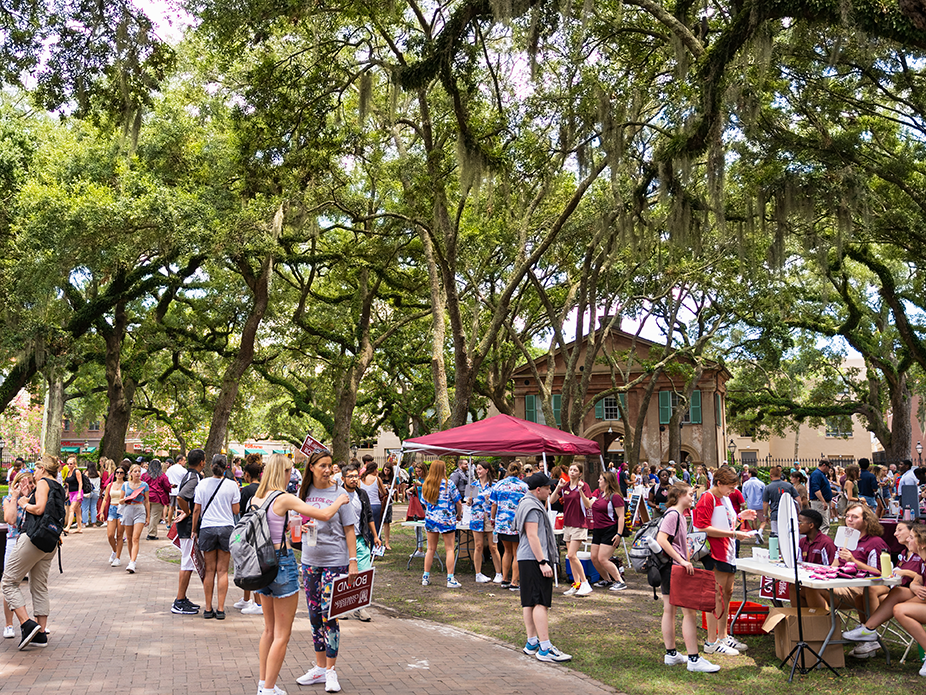REACH Program
College is Possible!
The REACH Program at the College of Charleston is a four-year, fully inclusive certificate program for students with mild intellectual and/or developmental disabilities (IDD) that provides an education in academics, social development, independent living, and career development. Our goal is to enable students to become as self-determined and independent as possible while learning the skills they need in a fully inclusive environment.
Students in the REACH Program participate in activities offered by the College of Charleston, with individualized support for success. These include:
- Attending traditional classes (with modifications and support);
- Living in traditional on-campus housing and residence halls;
- Completing internships;
- Participation in campus clubs, activities, and organizations; and
- Peer-mentoring
Mission
The REACH Program is dedicated to ensuring students with intellectual and/or developmental disabilities have a quality inclusive postsecondary education that provides support in academics, social development, independent living, and career development, honors their dignity and worth and fosters self-determination.
Vision
The REACH Program at the College of Charleston is a four-year, fully inclusive postsecondary certificate program for young adults with mild intellectual and/or developmental disabilities - students who would otherwise be unable to attend college with their peers. With faded support, students have the traditional college experience of living and learning on campus. They develop agency to become self-determined individuals who are actively engaged in creating and living their lives.


A Storyteller
Sam Kalista '17 is a talented playwrite. He's also a graduate of the REACH Program. Read more about how he worked with Spoleto during his time at College of Charleston.
Read more

